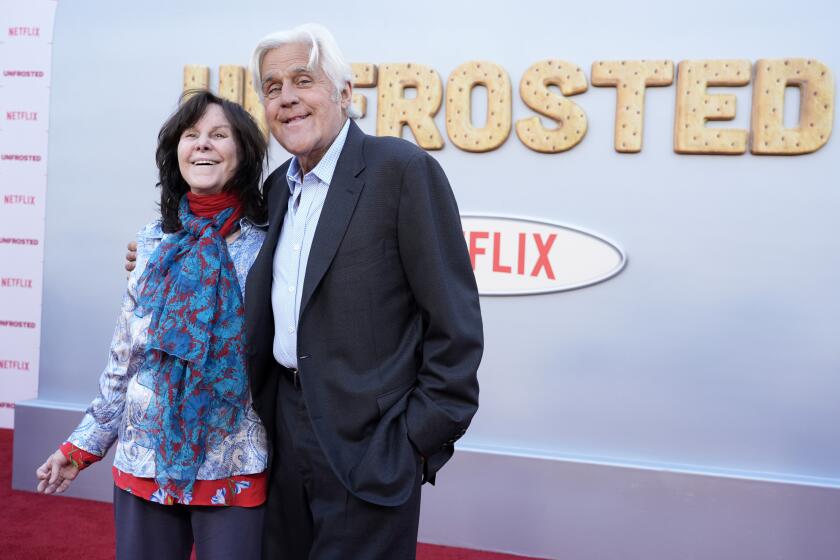MAROWITZ: CRITICAL CLUES IN THE CASE OF L.A. THEATER
- Share via
Something about Los Angeles weighs against the critical temper. That is, the descriptive intellectual dialogues shared in New York, Paris and London don’t seem to take here. Maybe that’s partly because Los Angeles is too much of an open city, too sun-drenched and gently breezy. A benign haze hangs over its cultural and economic frictions.
That’s generally true of our theatrical community as well. It’s relatively easy to come up with daily opinion, but a good deal harder, it seems, to get underneath the surface and find out what interests and themes distinguish us from other places, to note what we really do as opposed to what we say or think we do.
Charles Marowitz has had a better run than most at trying. In 1981 the critic, writer and director packed it in at his London theater, The Open Space, flew over his native New York (“I never enjoyed its grimy, rat-pack quality”) and came west to stay.
He’s been a critical voice here (even if it’s a biting letter on an editorial page), he’s done controversial work, such as “Artaud at Rodez” (he wrote and directed), “White Crow” (directed) and clever stuff (“Sherlock’s Last Case,” which played here at the Mayfair and is planned for a Broadway run). He directed one of the Los Angeles Theatre Center’s biggest commercial successes to date, “The Petrified Forest” (which drew this unlikely observation from artistic director Bill Bushnell: “I chose Marowitz because he has a great sense of comedy, which few people know about”).
This summer, Marowitz is on the move. He’s been given approval by the City of Santa Monica to use a space in the Santa Monica Civic Auditorium, in exchange for which the ensemble he develops there will give performances. That should make him a prominent candidate to move into the Miles Playhouse, the 400-seat theater the city wants to refurbish and open to the public.
In July, he’ll work with Santa Barbara’s newest theater, Santa Barbara Theatre Group (an equity and conservatory-style theater), on Ruth Wolff’s “The Perfect Marriage,” a play about Percy Bysshe and Mary Shelley. In the fall he’ll direct “Sherlock” in Norway.
Marowitz, in short, is no longer an outsider. But he’s kept his overview: “In spite of all the talk about the growth of theater in Los Angeles, I don’t think it’s changed in any essential way since I first arrived. It’s more about real estate now, the opening of complexes, where you see simplex work.
“I feel the major artistic problem the theater experiences here is one of taste. The theater is very good at self-promotion, but what is it promoting? You have this huge artistic bulimia. No one’s afraid to tackle anything, but instead of sifting and digesting, it’s over and on to the next.
“Another problem is with the critical community. We should get away from the idea that the Los Angeles Times is the ruler, when it comes to opinion. We need other publications to come up with more valid critical perspectives. When you don’t have a sense of balanced critical views, when critics’ reactions are so extreme, the public has no sense of what’s really going on.
“In spite of what sounds like a hard ride, I do think things will get better. It’s partly a matter of getting artists into the theater who are committed enough not to be seduced away by the movies. But the only genuinely successful theater is the one that evolves its own cosmogony out of a small core of dedicated artists. . . . It’s true of the early Royal Shakespeare Company, the Abbey, and the Group Theatre here in the ‘30s. They had that indefinable thing, a shared attitude.”
More to Read
The biggest entertainment stories
Get our big stories about Hollywood, film, television, music, arts, culture and more right in your inbox as soon as they publish.
You may occasionally receive promotional content from the Los Angeles Times.










